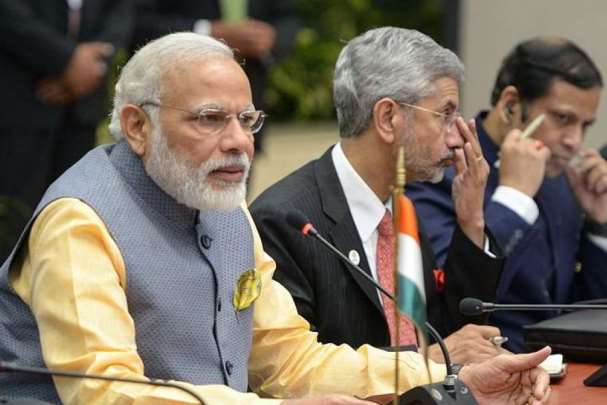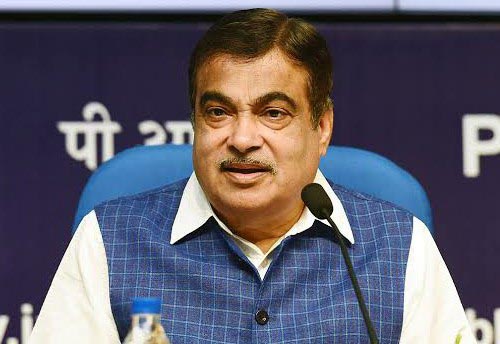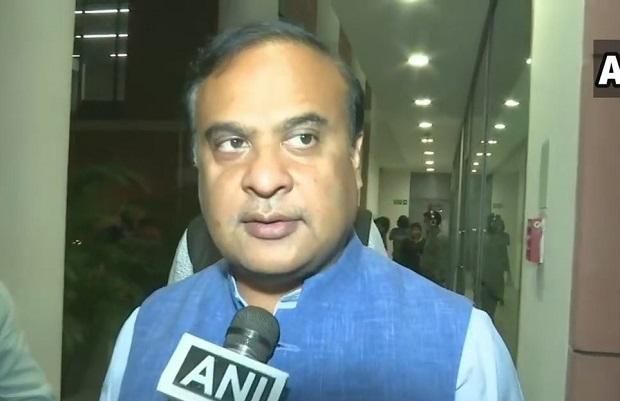
Analysis: India Is Playing Its Diplomatic Cards Well
In the last few years, India has repositioned itself strongly on the world map in its diplomatic relations. From sending Covid vaccines to 150 nations to taking steps to get Pakistan blacklisted in FATF, India has asserted its presence everywhere.
The vision of the government about the world is free from old shackles. This is the reason that by helping over 150 countries at the time of Covid, India gave new confidence to the world to fight the biggest pandemic of the century.
In the post-Covid era, the world is looking towards India with a new hope. This is the reason that from G-20 to BRICS, from Quad to SCO Summit, and from ASEAN to Eastern Economic Forum and COP-26, India’s voice was taken very seriously. India has proved that it is ready to take on a big global responsibility after it took over the UNSC presidency last year for a month in August.
Now the voice of a confident India is being heard in every important international forum of the world. In the difficult times of Covid, Vishwa Guru India not only showed the world the courage to deal with the crisis but also showed its strength and resilience.
The reason for the changing image of India in global relations is the continuous effort to enhance the credibility of the country, increase security as well as make the lives of the people of the country easier. An example of this is the passport and visa facilities. More than 300 new passport centres have also been established in the country in the last few years.
Modi said, “The power of India’s passport has increased, any citizen going to another country, when he shows his Indian passport, then he is seen with pride.”
The Indian passport has climbed seven places to 83rd position in the 2021 Henley Passport Index from the 90th spot in the year 2020.
India has isolated Pakistan in the global arena on terrorism grounds. The International Court of Justice ruled in favour of India in the Kulbhushan Jadhav case and forced Pakistan to grant consular access. Due to the lack of even minimum support at the UN Human Rights Commission, Pakistan did not get a chance to raise the Kashmir issue. It is a result of India’s growing clout that after the cowardly terrorist attack in Pulwama and the subsequent airstrikes by India, all major global leaders stood in solidarity with India.
India also strongly believes in neighbour first and extended neighbourhood policies. It believes it is important for every nation to not only choose their friends carefully but also promote enduring partnerships taking into account events that have a worldwide impact.
With an aim to promote better relations with neighbours, the policy of ‘Neighborhood First’ was adopted whereas the policy of ‘extended neighbourhood’ was accorded a key priority to give a new dimension to relations with distant countries.
With the new thinking of the top leadership, the world’s hesitancy towards India also started dispelling and India is providing stewardship to the world with the spirit of ‘Vasudhaiv Kutumbakam’ during the Covid phases.
Vaccination against Corona started with this mantra and when India developed two homegrown vaccines, it lent a helping hand to other countries by supplying vaccines to over 150 countries.
International Solar Alliance (ISA) is another initiative taken to meet the special energy needs of solar resource-rich countries which are led by India and France. The headquarter of this international organization is in India. So far, 103 countries have become its members.
India is an important strategic partner of the Quad group along with the US, Japan, and Australia. This partnership is very important from the strategic point of view of Asia and the Pacific. Along with America, Japan, and Australia, now 2+2 talks with Russia also started. India was elected a non-permanent member of the United Nations Security Council for the eighth time.
Showing another humanitarian side during the Russia-Ukraine War, Operation Ganga was launched to bring back more than 22 thousand of its citizens. Indian students from other countries of the world, including Pakistani citizens, were also evacuated.
As a responsible nation even during the Corona period, India successfully launched the ‘Vande Bharat Mission’ and ‘Operation Samudra Setu’ campaign to bring its citizens from the countries around the world. Seven Maldivians were evacuated along with 647 Indians from the Chinese city of Wuhan.
In 2015, ‘Operation Rahat’ was launched to evacuate Indian citizens from Yemen. When the earthquake struck Nepal on April 25, 2015, special aircraft provided relief material and India provided assistance of USD 67 million. (ANI)



